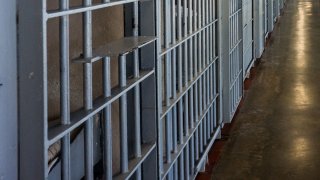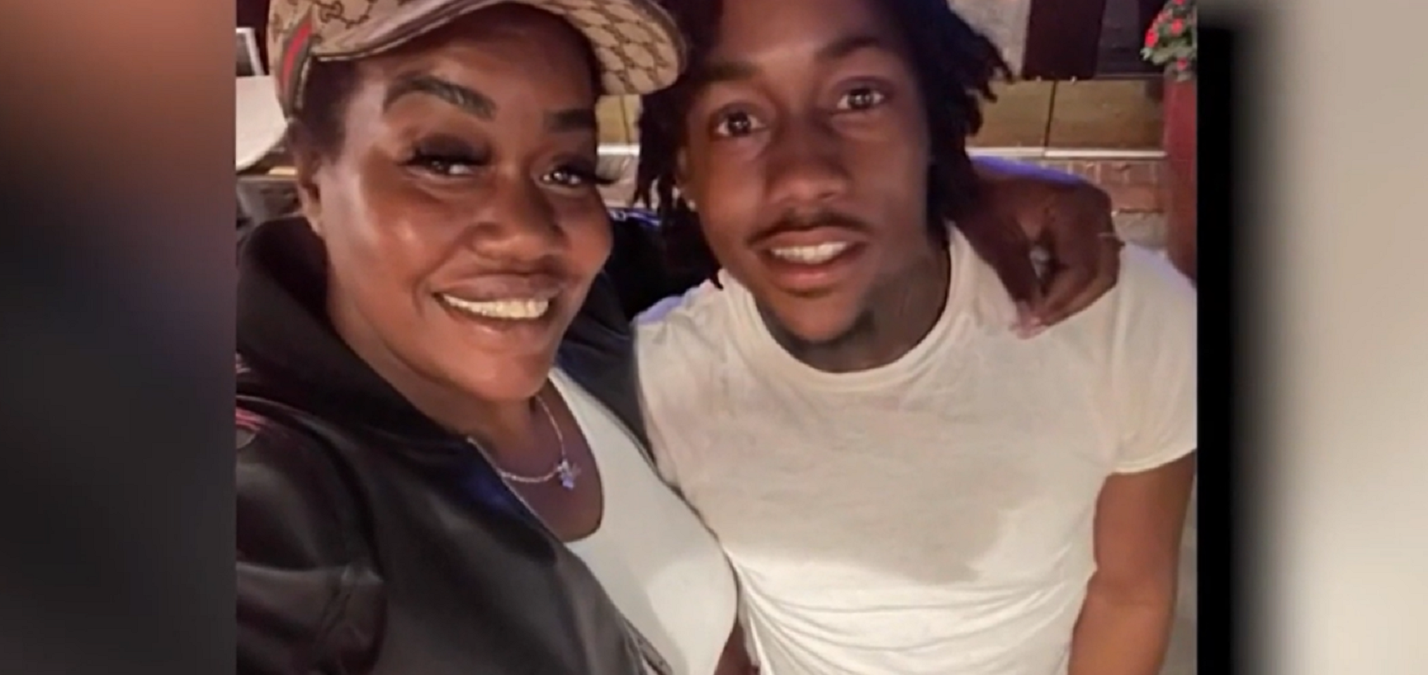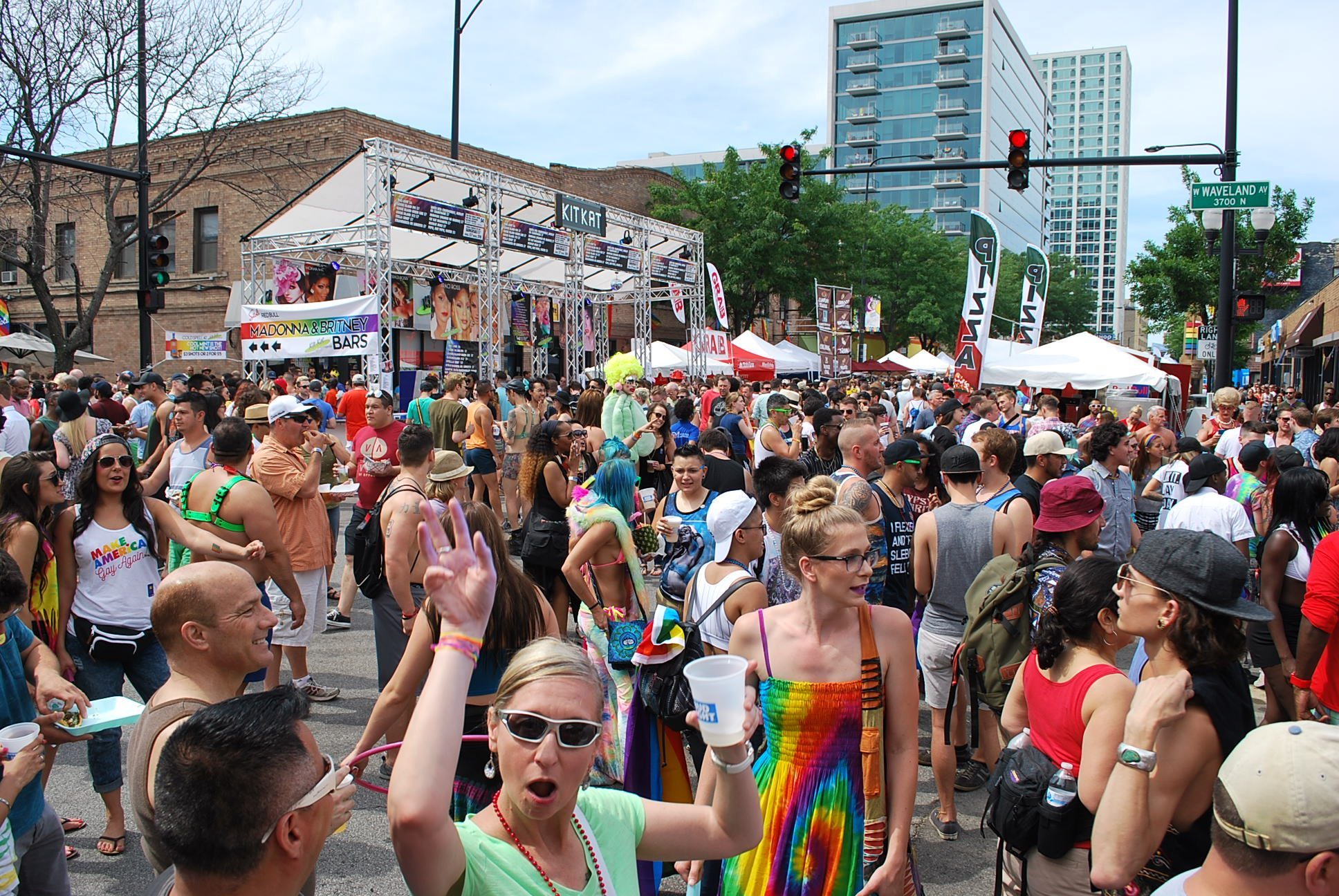
Cook County Jail emerged as a national COVID-19 hotspot early in the pandemic, with hundreds of correctional officers and incarcerated people testing positive. As the virus continued to spread, incarcerated people repeatedly campaigned for better protections.
Relief could now be in sight. Staff at Cook County Jail will began receiving vaccinations Wednesday, and detained people will soon follow, according to Cook County Health officials.
People incarcerated at Illinois Department of Corrections facilities will begin receiving vaccines in about two weeks as part of Phase 1B of Illinois’ vaccination plan, spokesperson Lindsey Hess told Injustice Watch in an e-mail.
That’s because Illinois is one of just a handful of U.S. states that will prioritize incarcerated people in the next phase of its vaccine rollout. This development represents a victory for advocates and incarcerated people who have argued that prisons and jails are overlooked epicenters of infections.
A December study from the Prison Policy Initiative found that higher concentrations of incarcerated people in U.S. counties were associated with earlier reported cases of COVID-19 and larger increases of confirmed cases outside of prisons and jails from May to August 2020.
“One thing that people really don’t realize is that although we don’t go anywhere, we are around people that come and go from the penitentiary every day,” said James Swansey, who was released from Stateville Correctional Center in Crest Hill, Illinois, in December. “People on the inside, we only have a certain amount of things that we can do to stay safe.”
This next phase of Illinois’ “equity-centric vaccination approach” is set to begin on Jan. 25, allowing local health departments to start vaccinating essential workers, people experiencing homelessness, and people aged 65 and over, in addition to people detained in state jails and prisons.
Local
Illinois had initially designated incarcerated people as Phase 2 recipients, drawing an outcry from advocates.
In December, more than 60 legal and advocacy organizations sent a letter urging the health department to give incarcerated people early access to vaccination, noting their high risk for infection and death. As of December 2020, the COVID-19 mortality rate in prisons nationwide was twice as high as for the general population, according to the National Commission on Covid-19 and Criminal Justice, a nonpartisan criminal justice group.
The health department quietly moved incarcerated people up in line just before the new year, changes to its vaccine distribution plan show.
“Vaccinating prisoners will save lives in the facilities and in the communities surrounding them,” said Camille Bennett, director of the ACLU of Illinois’ Corrections Reform Project, in a statement Monday. “This is good policy.”
People detained in federal prisons, still designated as Phase 2 recipients in CDC guidelines, could still wait months for a vaccine.
Cook County has not yet received vaccine doses to administer to people detained in jail, but staff is currently working with the Sheriff’s Office to develop a vaccination program, said Caryn Stancik, chief communications officer for Cook County Health, on Tuesday.
When the vaccines arrive, they will be administered to residents within the jail facility over several weeks. If someone is released before they can get the second dose, they will maintain priority status for vaccination, according to Stancik.
Renaldo Hudson spent most of the pandemic in Stateville before his release in December. He described delays to vaccinating incarcerated people as a “security breach” that risks the very people whose health correctional facilities are charged with protecting.
“I was in the Department of Corrections for 37 years, and in all those years, I haven’t seen as many people put in body bags and so much fear within the walls of corrections. The fear among the inmate population, you can cut it with a knife,” Hudson told Injustice Watch.
“The stakes are extremely high for the people that are in prison, and the stakes are high for families, people who are barely making it,” Hudson said. “On a moment’s notice, we have to figure out, ‘how do I now bury my brother, my father because they died of COVID-19 in prison.’”



